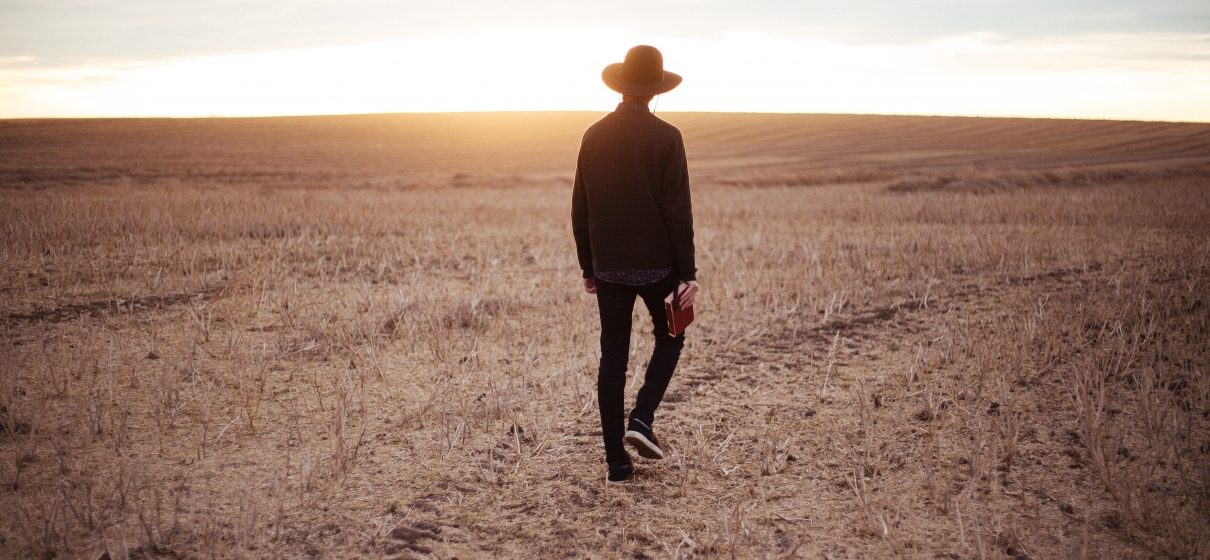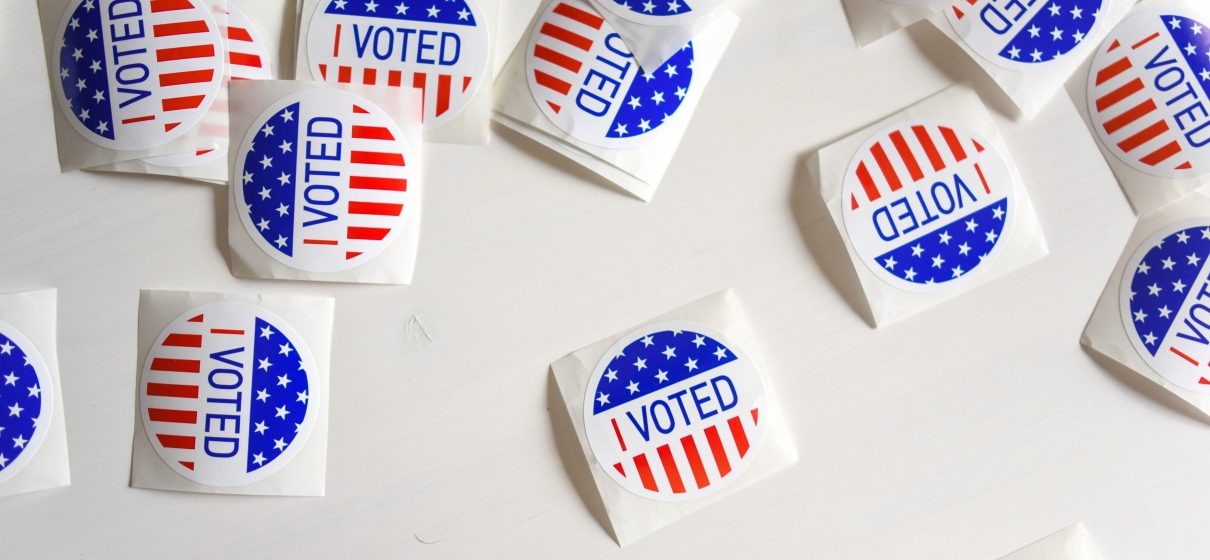Remember When: Worship Songs and Wistful Longings
The other day as I was driving, I was flipping through my presets on the radio (yes, some people still let fate decide their music) when the song “When I See You Smile” by Bad English came on.
As I listened, something happened to me!
I was no longer crossing under I-45, I was crossing under the home field football stands, hands interlocked with my 6th grade girlfriend with our heads together leaning in to share one pair of headphones. To a hormonal 6th grade boy it was love. But now, so many years later, the melody being pushed through my car speakers carried my mind through time and space, like some sort of emotional Delorian.
It was an ache – “a wistful desire to return in thought or in fact to a former time in one’s life, to one’s home or homeland, or to one’s family and friends; a sentimental yearning for the happiness of a former place or time.”
It was nostalgia.
But here’s the thing: nostalgia can be dangerous.
It isn’t always bad, of course. It can serve to remind us of things we’ve forgotten, or even awaken a soft spot in our hearts. So you can probably imagine how that can be a really good thing when it comes to worshiping God through song.
Music is an innate language that harmoniously connects – from our 206 bones to the 86 billion neurons in our brains. Music in all forms is powerful.
That’s why in the Bible, we are commanded to have music as a part of our worship to God, and why I’m pretty sure we worship leaders will have job security in heaven. In fact, we are commanded over 100 times in the Bible to sing. So how we think about music and singing as a church obviously matters to God.
“Oh sing to the LORD a new song;
sing to the LORD, all the earth!”
– Psalm 96:1
Music is good. Music is necessary. It takes us back, connects us presently, and gives us hope for the future.
So, how can nostalgia in music be dangerous?
When the church is gathered, music is a tool of relationship with one another and with God. But nostalgia takes our hearts by the hand and says, “hey let’s get out of here and go back.”
The problem is that we can’t go back. Nostalgia cannot transport us to our old pews where we sat as children next to our godly grandmothers. It can’t let her voice ring in your ears as she belts out over the volume of the organ the rare third verse of the “Old Rugged Cross”. Nostalgia can’t really put us back into the sweaty teen-filled auditorium from the summer between our sophomore and junior years at camp when we had tears streaming down our faces and our hands raised, crooning the lyrics to “The Stand.”
There is power in remembering our past and the spiritual milestones that God orchestrated in our lives. A blessing of music is that we can encapsulate pieces of our story in songs, and in doing so, remember and give thanks.
Remembrance is good, but the danger of nostalgia comes in when we begin to live for that feeling like a drug to experience an emotion and close our hearts to the fresh and present movement of the Holy Spirit.
When we allow nostalgia to take the wheel in worship we can become skeptical of change, agents of disunity, dissatisfied grumblers.
When I was in the 8th grade my parents divorced.
My mom moved out and our house, and what was once the epicenter of a thriving family became a tomb to memorialize it. Stacks of books sat gathering dust. Plates remained where they had always been, and so did the same pictures, the same sheets, the same rug, and the same lamp, frozen and preserved like a cold body. But it all began to deteriorate. Dust gathered. Paint faded. Piles grew.
What began as an inadvertent attempt to hold onto the past ultimately stunted the growth of the future.
Nostalgia can do the same thing in worship at church when we long for the “good old days.” We must fight vehemently against it, not just for ourselves but for those who would come behind us. We must build a flourishing rich vibrant relationship through transcendent worship that is always growing and fulfilling the words of Jesus that he is making all things new.
If music in song is designed to be a part of a flourishing relationship between God and his bride then we must have forward emotions and experiences even as we sing about the gospel—what God has done for us in Christ, his grace for us today, and all he is continuing to do in Christ.
Nostalgia isn’t the enemy.
After I heard that Bad English song I pulled up Spotify and added a whole 80s ballads playlist, not because I’m a glutton for heartache, but because I can look back with nostalgia and trace the story of God’s grace to see his work in bringing me to where I am today.
Nostalgia is one player in the game, valuable in its role to connect us to our past. We must know, respect, and remember the power it can have on our hearts and then look forward.










